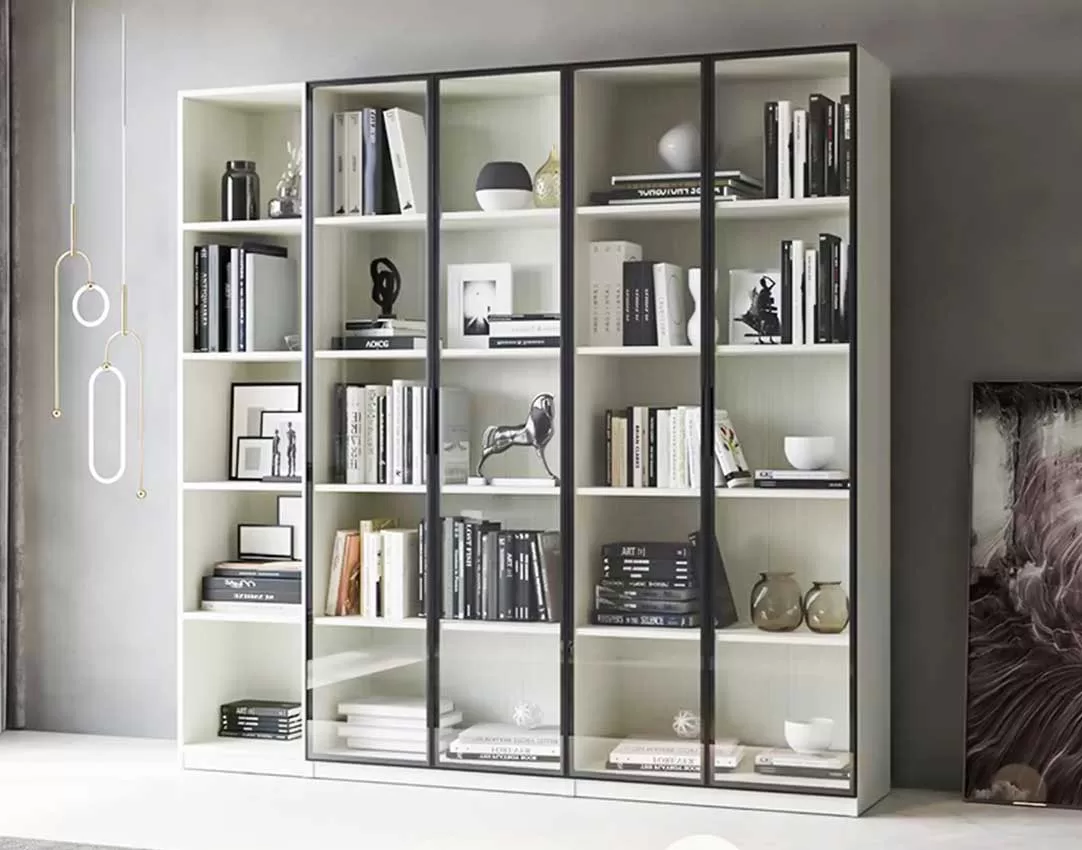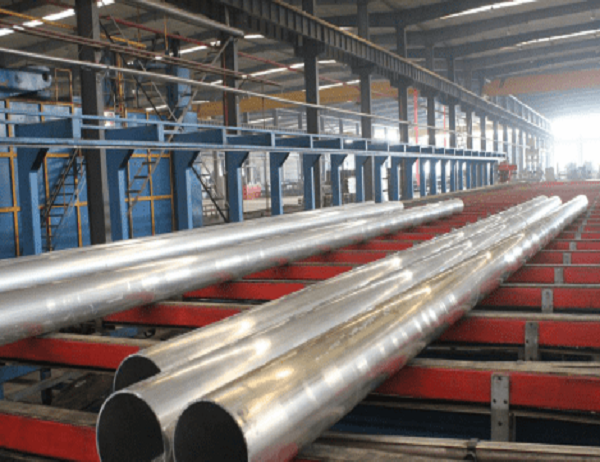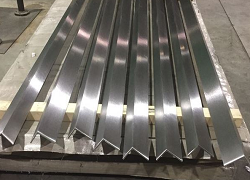Industrial aluminum profiles are versatile extrusions used in a wide range of applications, from construction and machinery to transportation and electronics. Choosing the right profile for your specific application is essential to ensure optimal performance and durability. Here are some key considerations to help you make an informed decision:
Properties and Characteristics
Strength and Durability: Industrial aluminum profiles offer exceptional strength and durability due to their high tensile strength and corrosion resistance. They can withstand high loads and maintain their structural integrity even in harsh environments.
Lightweight: Aluminum is a lightweight material, making profiles easy to handle and transport. This can reduce installation and transportation costs and facilitate handling in tight spaces.
Corrosion Resistance: Aluminum is naturally resistant to corrosion, making profiles ideal for use in outdoor and marine applications where exposure to moisture and salt is common.
Electrical Conductivity: Aluminum is a good electrical conductor, which makes profiles suitable for applications involving electrical systems or heat dissipation.
Types of Profiles
Solid Profiles: These profiles are solid extrusions with uniform cross-sections. They offer high strength and durability and are suitable for structural applications and heavy-duty machinery.
Hollow Profiles: These profiles have hollow interiors, which reduce weight while maintaining structural integrity. They are often used in frames, supports, and other applications where weight optimization is critical.
Custom Profiles: Custom profiles are designed to meet specific requirements that cannot be met by standard profiles. They offer flexibility and allow for customization to suit unique needs.
Selection Criteria
Application and Load Requirements: Determine the intended application and the loads that the profiles will be subjected to. This will help you select profiles with the appropriate strength and stiffness.
Environmental Conditions: Consider the environmental conditions in which the profiles will be used, such as temperature, moisture, and exposure to chemicals. Choose profiles with the appropriate corrosion and weathering resistance properties.
Weight and Handling: If weight is a critical factor, consider hollow or lightweight profiles. Handling requirements should also be considered to ensure ease of installation and transportation.
Cost and Availability: Evaluate the cost-effectiveness of different profiles and the availability of the desired sizes and quantities.
Choosing the right industrial aluminum profile requires careful consideration of the application, environmental conditions, and selection criteria. By understanding the properties, types, and selection factors, you can make an informed decision that ensures optimal performance and durability for your specific needs.



